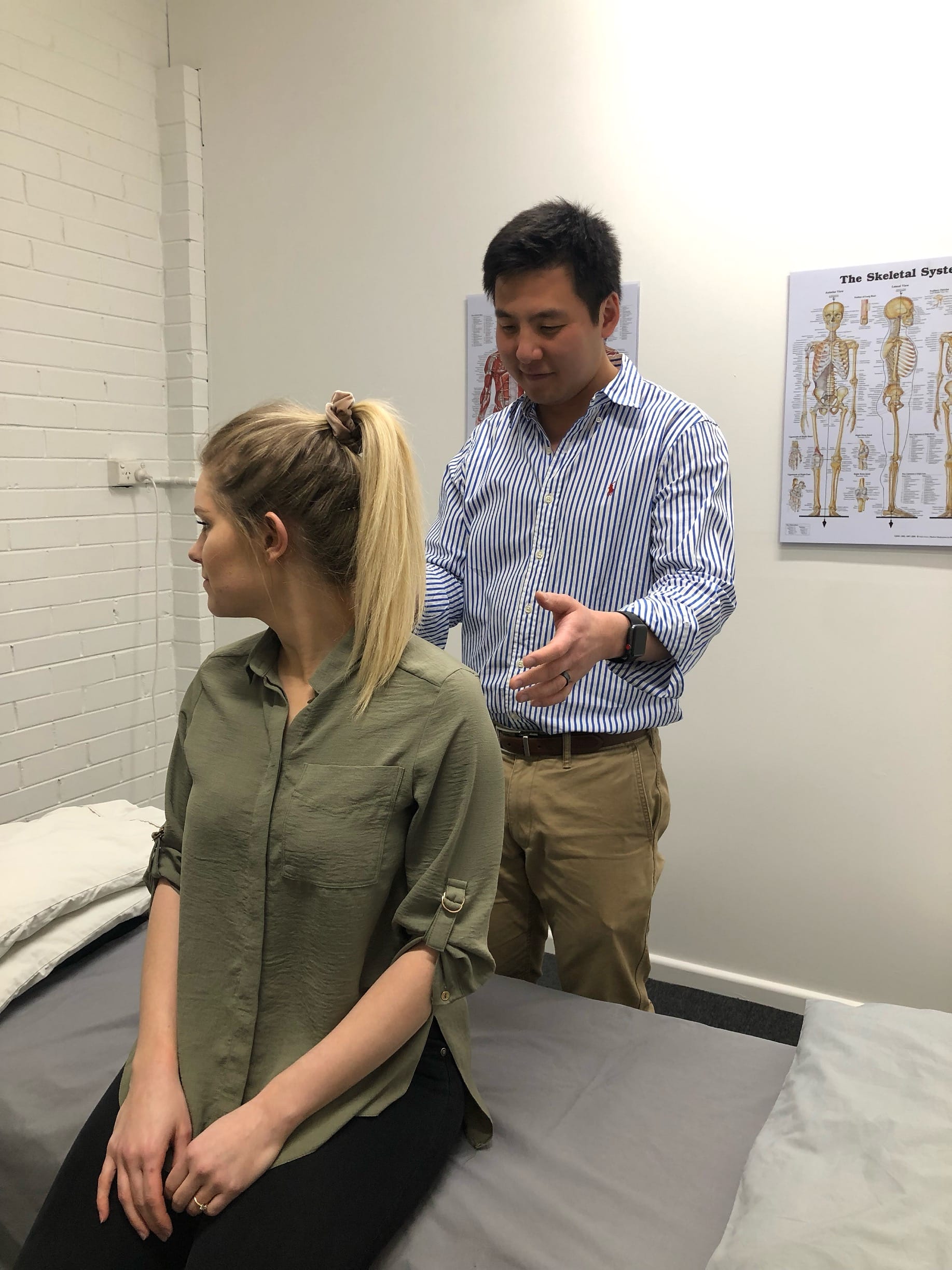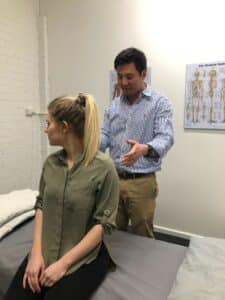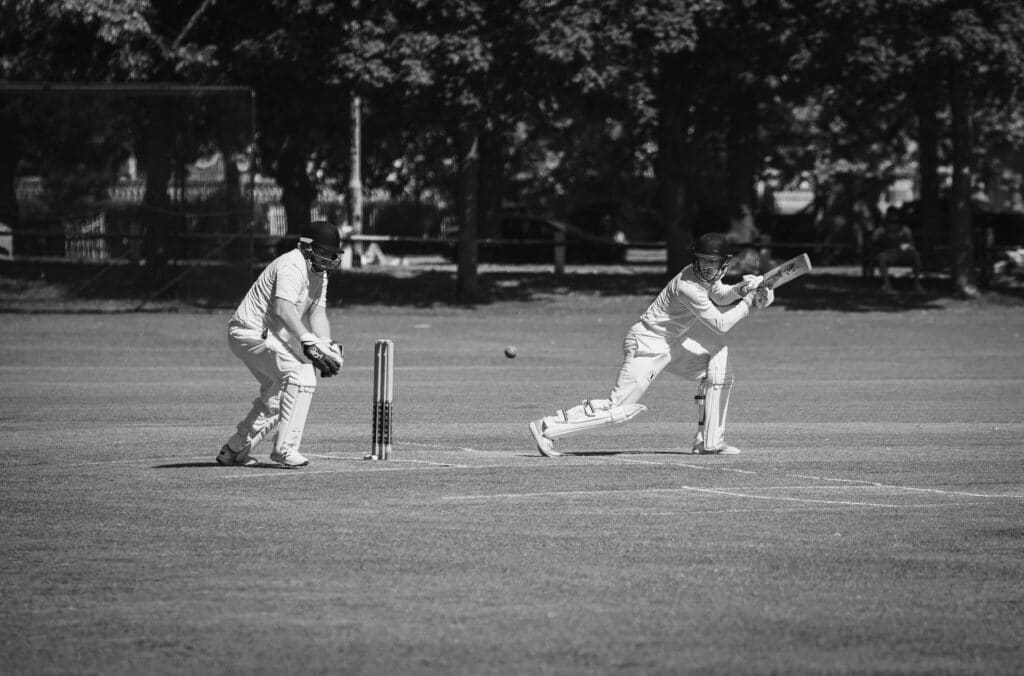What to do when you have a pinched nerve
What we’ll cover
What to do when you have a pinched nerve
Have you ever had the uncomfortable feeling of a pinched nerve in your neck? This is referred to as radiculopathy. Our physiotherapist Amelia Thomas explores radiculopathy and how you can treat it.
What is a pinched nerve?
The spine is made of many bones called vertebrae and your spinal cord runs through a canal in the centre of these bones. Spinal nerve roots are branches off the spinal cord that exit the spine and supply different areas of the body with movement and carry sensory information back to the brain. Radiculopathy is where one or more of these spinal nerves are compressed, damaged or irritated. A big cause is narrowing of the space where the nerve exits the spinal column such as a stenosis, bone spurs, degeneration, or disc herniation. Radiculopathy can manifest at different areas along the spine cervical, thoracic or lumbar. Pain and neural symptoms can typically radiate down along a spinal nerve root. Pain can be accompanied by tingling, pins and needles, muscle weakness and loss of reflexes.
Sometimes, radiculopathy can be accompanied by myelopathy — compression of the spinal cord itself. Herniated or bulging discs can sometimes press on the spinal cord and on the nerve roots. When the spinal cord is involved, the symptoms can be more severe, including poor coordination, trouble walking and paralysis. A common inclusion of lumbar radiculopathy is sciatica. An irritation to the nerve root that comprises the sciatic nerve can radiate pain along the lower back, gluteal region and the back of the thigh all the way to the foot.
The duration of radiculopathy could last for as short as a few seconds or as long as a few hours, days, or weeks, or occasionally indefinitely depending on the cause.
How to treat a pinched nerve?
Diagnosis is made by a subjective examination (discussing the history and pattern of the symptoms) and a physical exam including strength testing, reflex testing and special neural tests. Depending on the severity, imaging such as an MRI may be necessary.
Treatment is dependent on the cause, however conservative management first is almost always the best option. This includes a doctor review to discuss the use of medication like non-steroidal anti-inflammatories and opioids for symptom and pain management. Physical therapy can also decrease or diminish symptoms and then further prevent their return due to poor strength and stability around the lumbar spine. Some people may need more advanced treatments, such as surgery. Surgery is typically used to reduce the pressure on the nerve root by widening the space where the nerve roots exit the spine. This may involve removing all or parts of a disc and/or vertebrae.
Radiculopathy can’t always always be prevented, however you may reduce your risk by maintaining strong and stable throughout your lumbar cervical and thoracic spine, staying physically fit and maintaining a healthy weight. Using best practices for good posture while sitting, playing sports, exercising or lifting heavy objects is also important for preventing injuries.
If you are experiencing pinched nerve please book in to see one of our qualified physiotherapists as soon as possible. You can book online or call our friendly team on 9571 6888.















